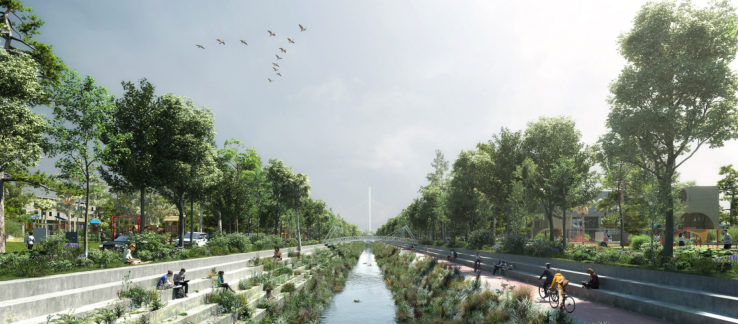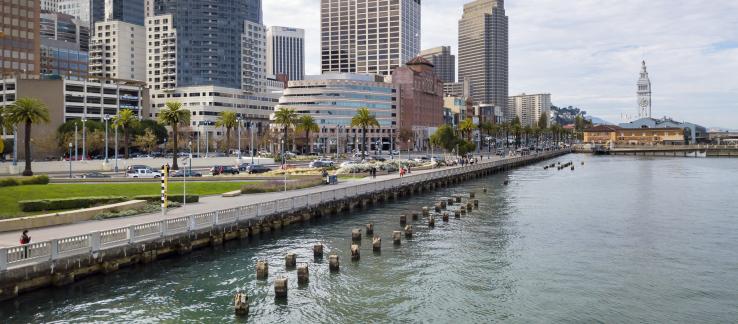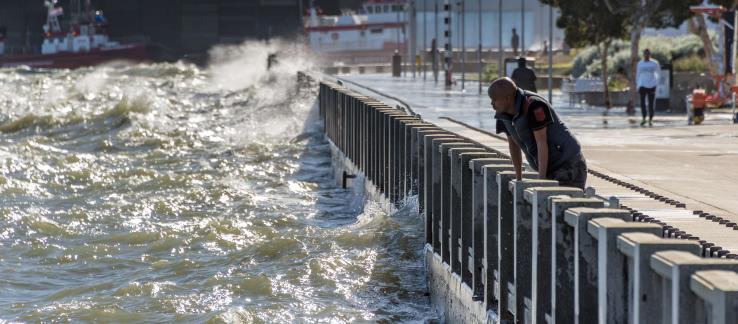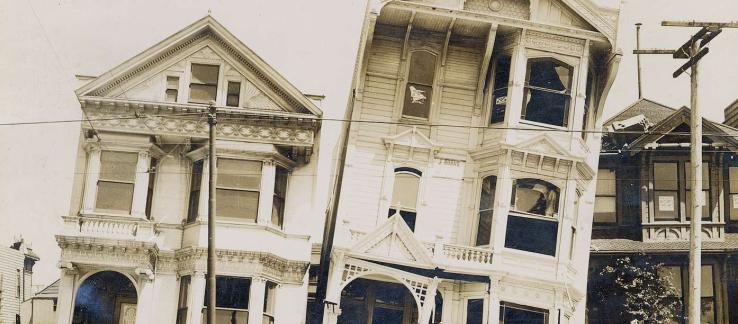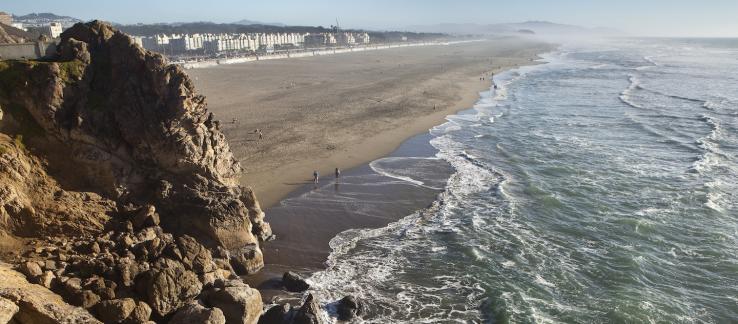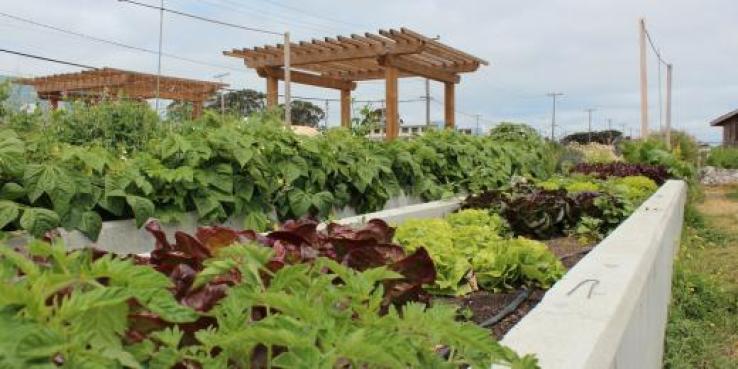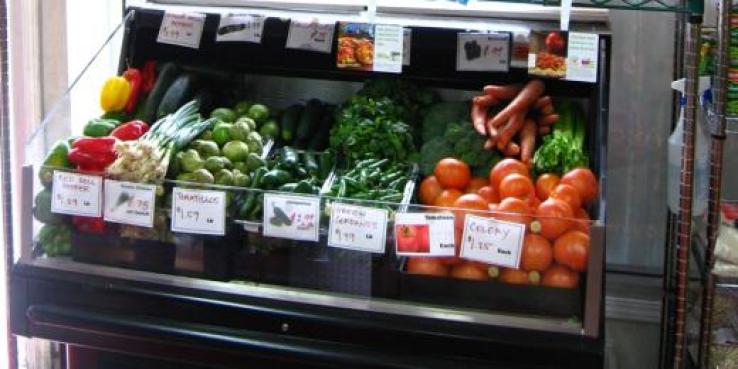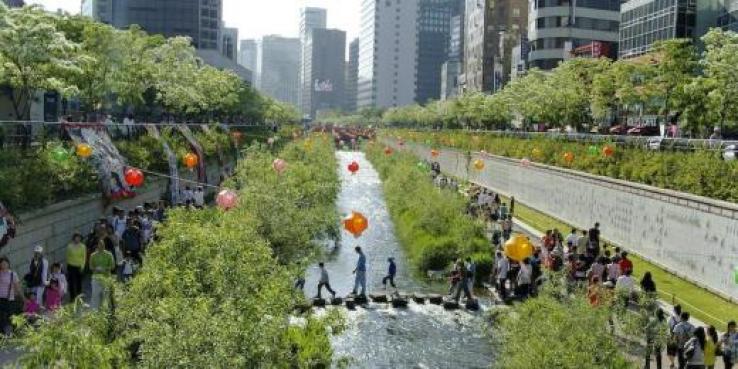
• Eliminate the use of fossil fuel in buildings.
• Use nature-based solutions to make communities resilient to sea level rise.
• Make sure that all people and ecosystems have the water they need to thrive.
• Improve seismic safety of buildings and advance hazard planning and preparedness.
